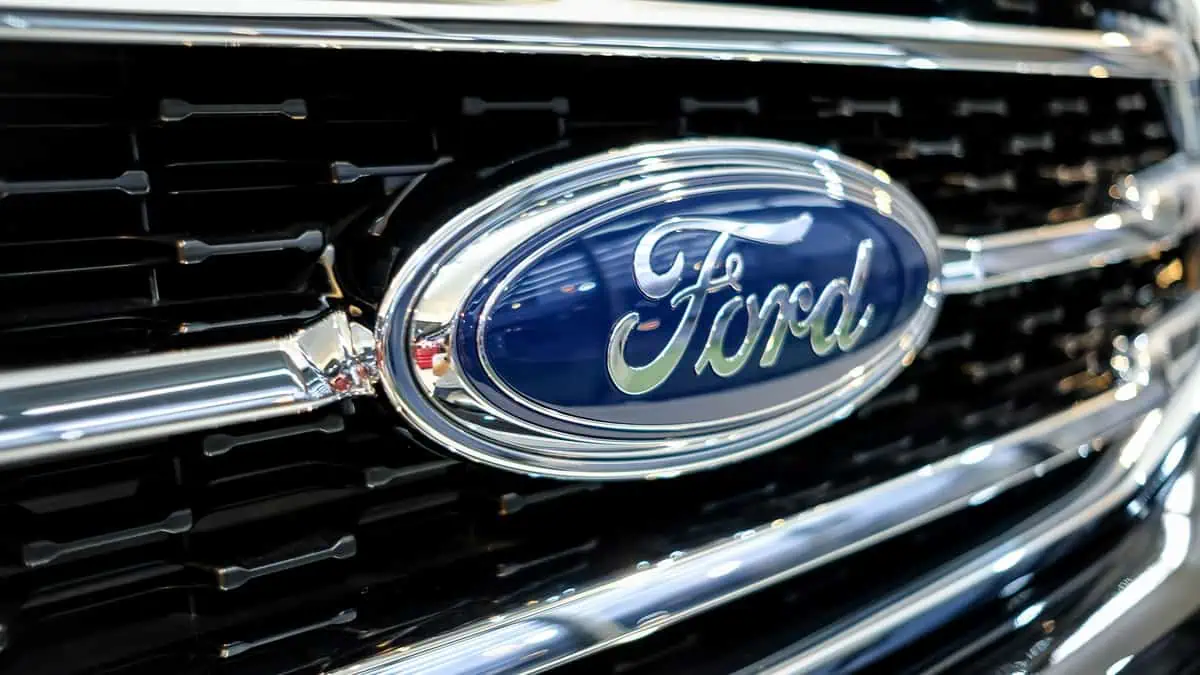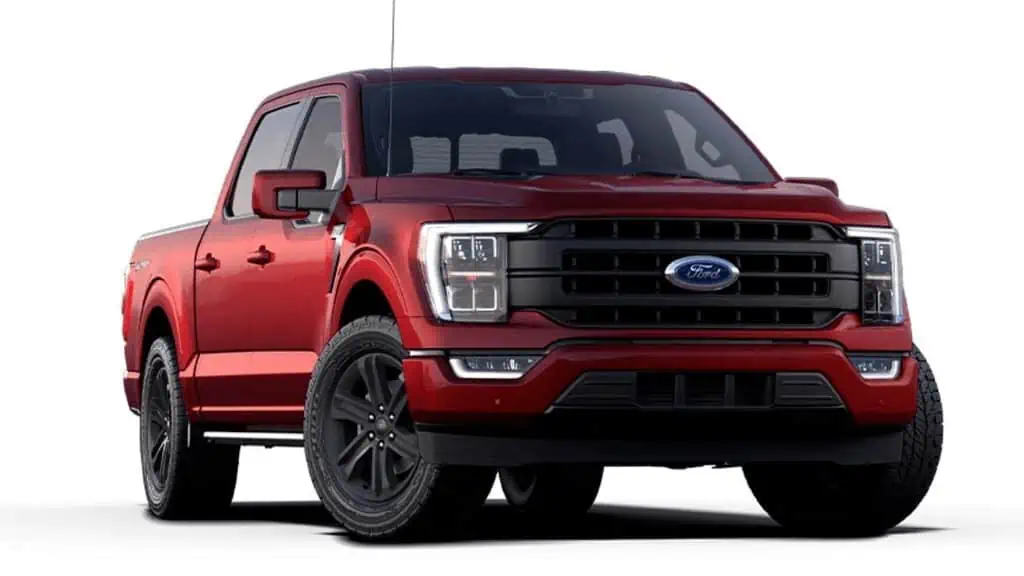On Thursday, Ford Motor Company stated that the US Treasury Department should narrow the definition of a “foreign entity of concern.” By doing so, more electric vehicles will be eligible for consumer tax credits of up to $7,500, as per Reuters.
In hindsight, the $430 billion Inflation Reduction Act (IRA) was passed by Congress in August. This law mandates that battery production and components should not be from a “foreign entity of concern” to maintain the EVs’ eligibility for the federal tax credit.
By 2024, the IRA mandates that 50% of the vital materials needed in battery production come from North America or its trade partners. However, by the end of 2026, the requirement will increase to 80%.
Furthermore, components of vehicle batteries will be subject to foreign entity restrictions starting in 2024, and battery minerals will follow in 2025.
Localization of battery manufacturing and mining
These restrictions were designed to gradually free the United States from its dependence on China‘s battery supply network.
Ford stated in remarks submitted to Treasury and distributed to the media:
“While Ford appreciates and supports the overall objective of the law to bolster the localization of battery production and critical mineral mining and processing in the US and with our trading partners and allies, an overly expansive interpretation of this provision risks undermining that very same objective by making the clean vehicle credit largely unavailable.”
Ford’s requests
The American automaker has expressed many concerns regarding the newly introduced regulations under the IRA. Consequently, it vocalized its requests to make the regulations fairer to the automakers:
· US administration should guarantee that joint ventures in vital mineral recycling, extraction, or processing “will not cause vehicles to be automatically excluded.”
· Any company organized and established in the US should not be subject to the foreign entity rules regardless of owners
· “De minimis standard” to be required for foreign entity reporting by manufacturers “so that unintended traces of critical minerals do not disqualify consumers from getting a tax credit.”
In July, Ford announced plans to source cheaper li-ion batteries from Chinese battery juggernaut CATL for its electric pickup trucks and SUVs sold in North America.






